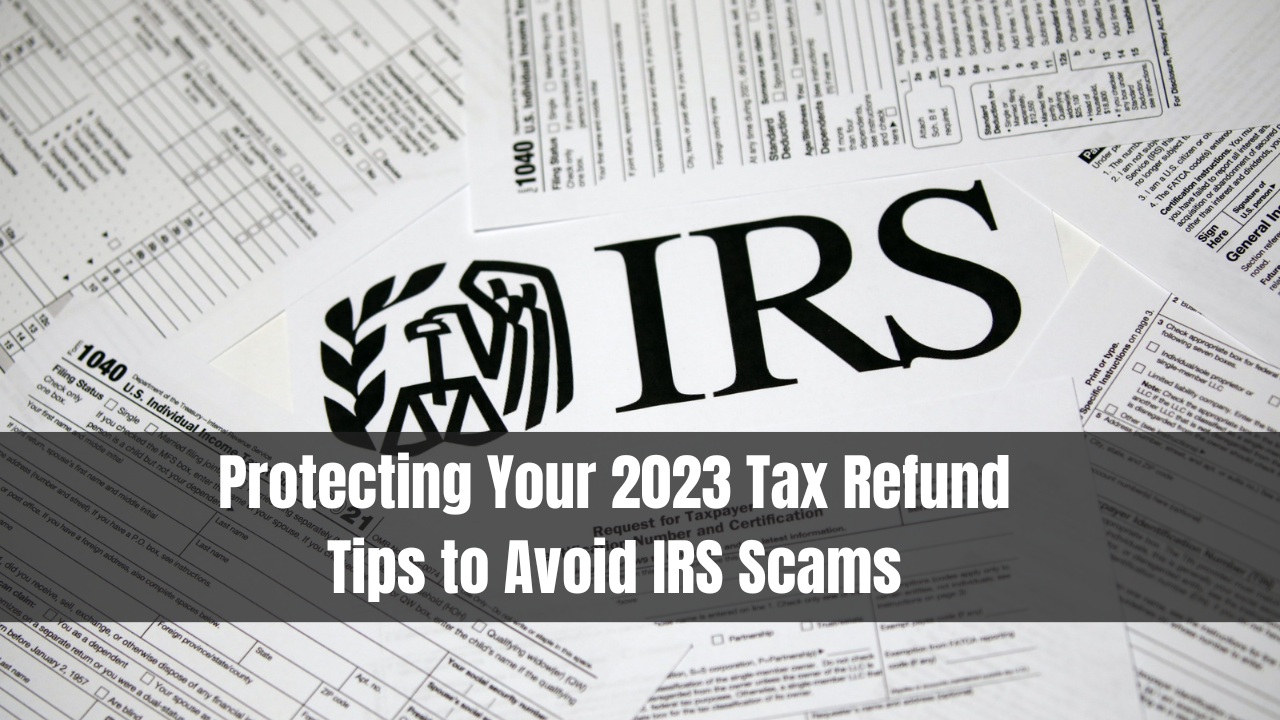Money
Protecting Your 2023 Tax Refund: Tips to Avoid IRS Scams

Beware of Scammers Targeting Your Tax Refund
Protecting Your 2023 Tax Refund: Tips to Avoid IRS Scams. The IRS (Internal Revenue Service) is issuing a warning regarding the increasing number of scammers attempting to steal tax refund money. Learn how to safeguard your finances from these fraudulent schemes.
Scammers Eyeing Your Tax Refund
In a world where millions of dollars in tax refunds are at stake, scammers are eager to take their share. These individuals are not just after your tax refund; they also target Supplemental Nutrition Assistance Program funds meant for low-income families.
Read Also : Millions of Americans Anticipate November Payments: Social Security Includes 2023 COLA
Unveiling the Latest IRS Scam: Uncommon Delivery Service Mailing
Discover the IRS’s most recent scam involving uncommon delivery service mailing and how it aims to trick you into revealing personal information, particularly related to your bank account.
IRS Recommendations for Avoiding Tax Refund Scams
Report Suspicious Communications
The IRS strongly advises reporting any suspicious emails, text messages, or letters you receive. These deceptive communications promise tax refunds while seeking sensitive details like your Social Security Number, routing information, and cellphone numbers.
Reporting to the IRS
To report suspicious activity to the IRS, simply send an email to [email protected]. Your vigilance can assist authorities in tracking down scammers and preventing tax refund theft.
Effective Reporting
When reporting, provide the IRS with pertinent information, such as the scammer’s phone number or email address, and indicate the date when you received the communication.
Protecting Your Personal Information
In general, never respond to any communication offering inheritances, lottery prizes, or investments. Avoid opening attachments, as they may contain malware designed to steal your personal information.
Avoid Clicking Suspicious Links
Refrain from clicking on any links contained in these messages. Instead, forward the message to the IRS to help protect other taxpayers from losing their tax refunds.
Additional Security Measures
After forwarding the message, feel free to delete it. Utilize tools designed to safeguard your mobile devices from scams and other threats, some of which are offered by the Federal Communications Commission. Consider using the Identity Protection Pin tool as an extra layer of protection for your finances.

-

 UNISA News6 months ago
UNISA News6 months agoUniversity Applications For 2024 Are Now Open
-

 Blog6 months ago
Blog6 months agoUnisa Online Application 2024-2025 – www.unisa.ac.za
-

 UNISA News4 weeks ago
UNISA News4 weeks agoUNISA Courses in Teaching Foundation Phase
-

 UNISA News4 weeks ago
UNISA News4 weeks ago1 Year Diploma Courses at UNISA
-

 Blog4 weeks ago
Blog4 weeks agoUnisa Online Application 2024-2025 Apply Now
-

 UNISA News6 months ago
UNISA News6 months agoUNISA Closing Date for Registration 2024
-

 UNISA News4 weeks ago
UNISA News4 weeks agoCan I Do Diploma In Teaching At UNISA?
-

 UNISA News4 weeks ago
UNISA News4 weeks agoRE5 Certificate UNISA



















